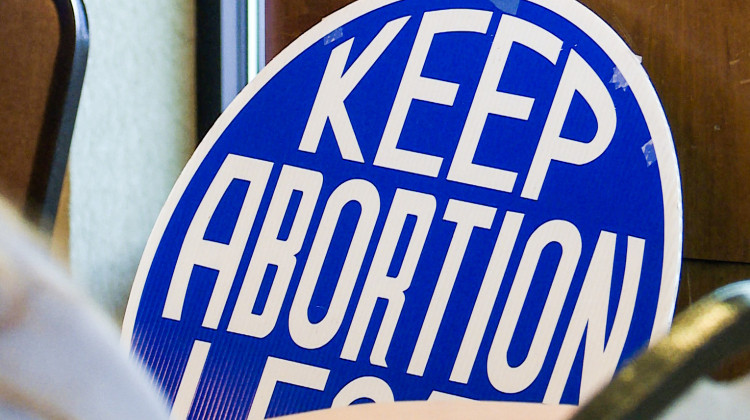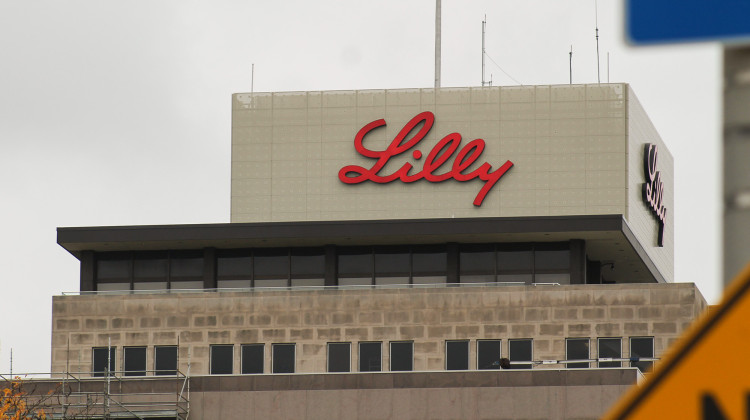A record number of stakeholders from around Indiana met to learn about the state’s progress and challenges in the field of mental health and addiction.
Indiana’s annual Mental Health Symposium began 20 years ago. Indiana University Institute of Psychiatric Research Director John Nurnberger helped organize from the start. He says while there’s greater mental health awareness in Indiana – stigma is still a major barrier.
“They don’t want to accept that people close to them or they themselves might have mental health difficulties that may require evaluation and treatment,” Nurnberger says.
Nearly 500 people attended the symposium.
Several sessions addressed the state’s opioid epidemic. Mental Health America of Indiana Vice President Lisa Hutcheson says Indiana has adopted helpful policies in recent years.
“That have to do with syringe exchange or the naloxone kits allowing that to be a standing prescription to allow families can have that if they have children who are in trouble,” Hutcheson says.
Hutcheson says a law passed this year addresses Indiana’s provider shortage.
“That will make it easier for people moving to Indiana to get jobs here in the field of mental health and addiction,” says Hutcheson.
Indiana still lacks recovery options. But Nurnberger says there is hope.
“Addictive conditions are difficult to treat but you can overcome them and there are many ways to do this but it requires help,” Nurnberger says.
 DONATE
DONATE










 Support WFYI. We can't do it without you.
Support WFYI. We can't do it without you.